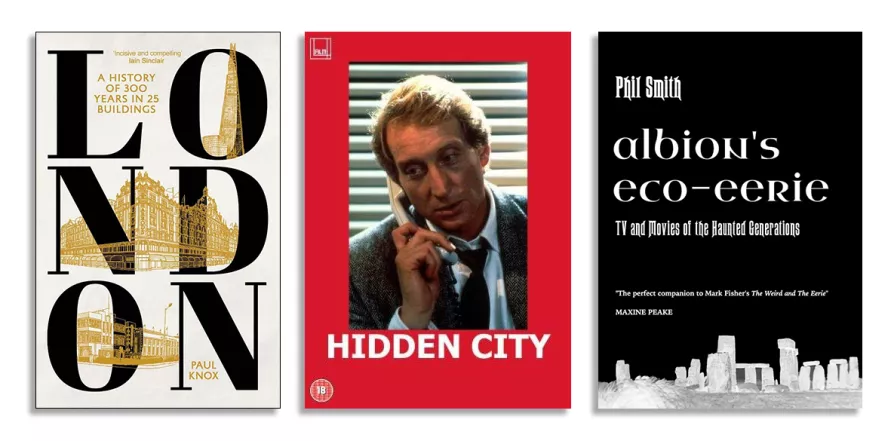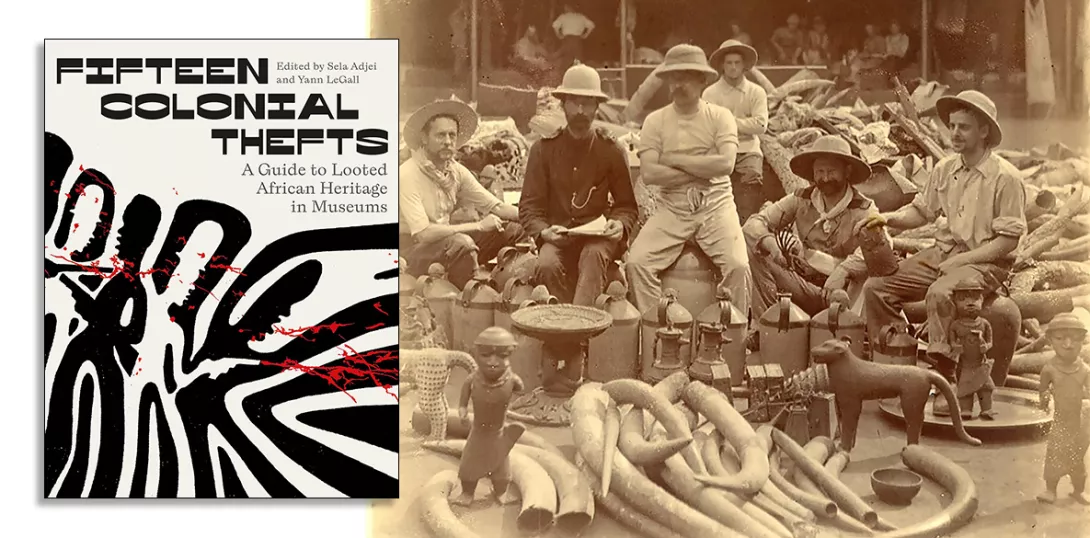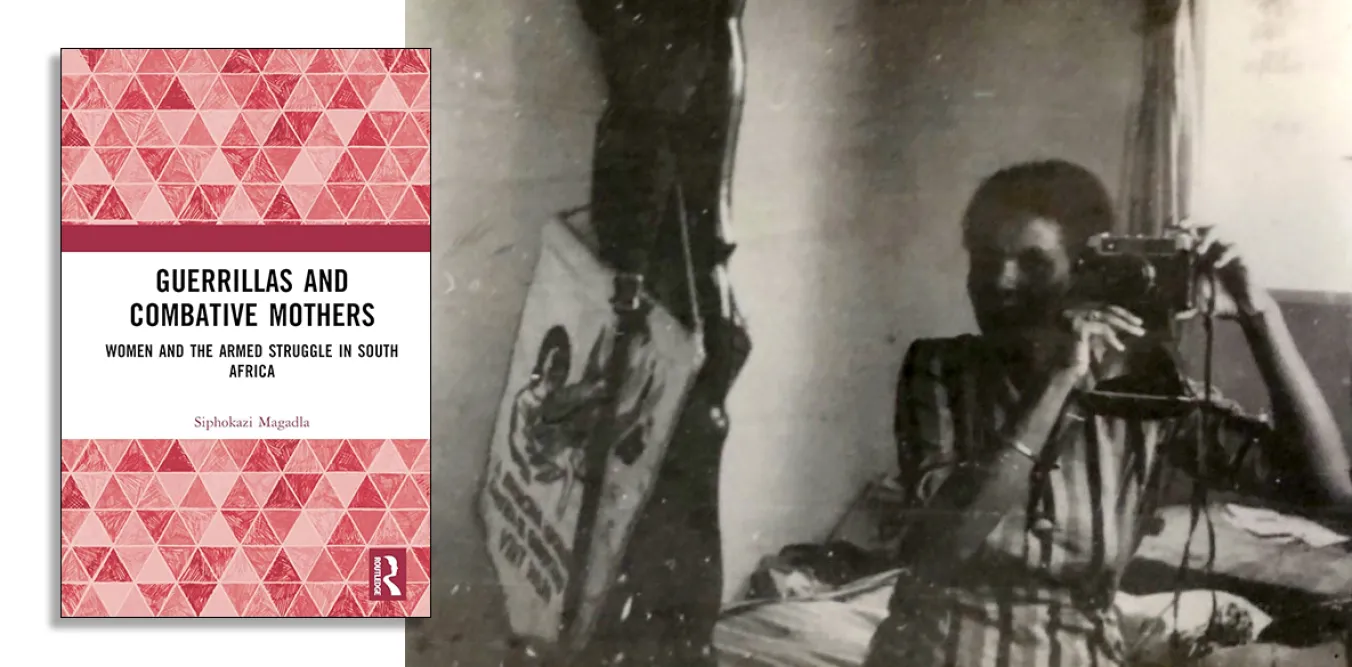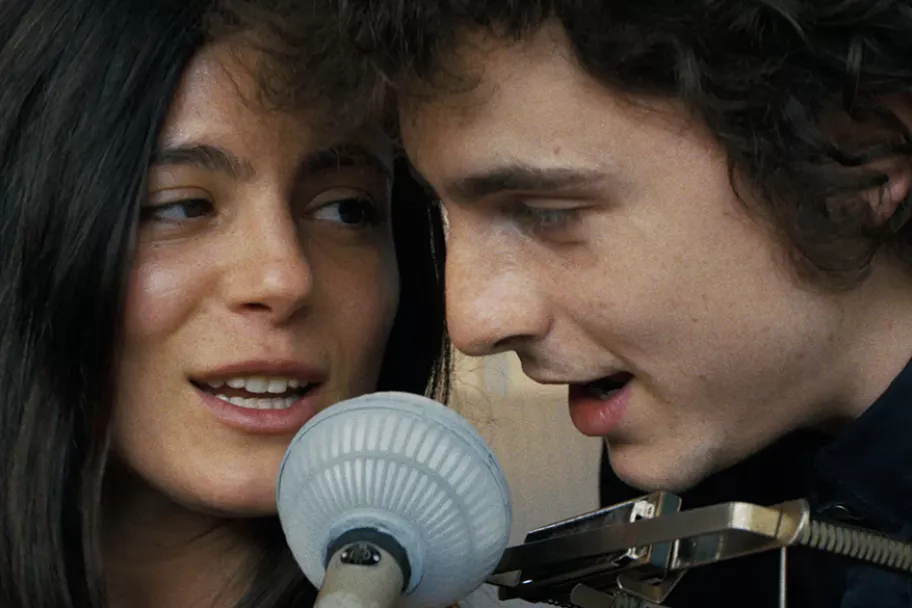
“WE learned more from a three-minute record, baby, than we ever learned in school,” proclaimed Bruce Springsteen in one of his paeans to the transformative power of music. The New Jersey rocker has seldom been guilty of understatement, but there’s a grain of truth in this line from No Surrender (1984).
In my early teens, the idiosyncratic observations and complexity of songs by Joni Mitchell, Peter Gabriel and Be Bop Deluxe instilled a lifelong love of language. David Bowie led me to the work of Jean Genet, William Burroughs and the New Wave of science fiction. Al Stewart’s Year of the Cat (1976) taught me about syllepsis, a rhetorical device: “She comes out of the sun in a silk dress running, like a watercolour in the rain.” These were songwriters who respected their audience. Do contemporary musicians offer the same level of sophistication and challenge?

















